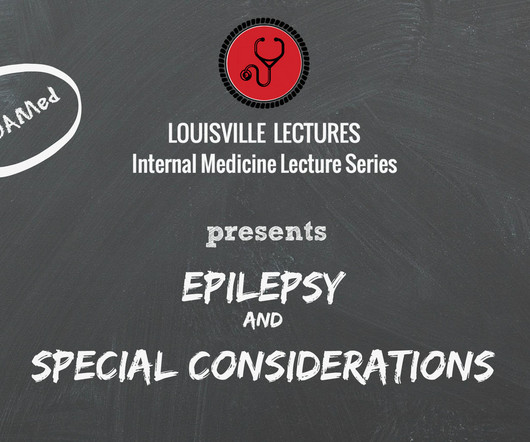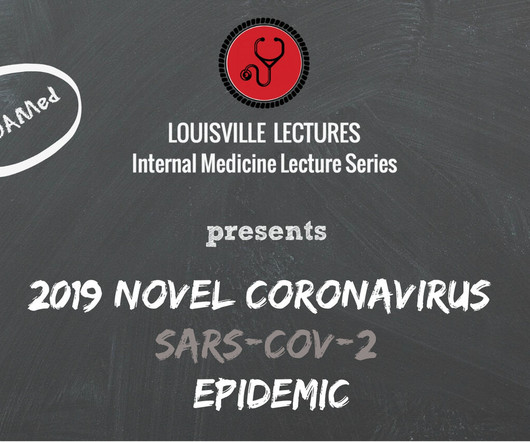Patients with Epilepsy and Special Considerations in Women with Dr. Brittany Chapman
Louisville Lectures
MARCH 16, 2018
She also completed a Clinical Neurophysiology Fellowship (EEG/Epilepsy) at Ohio State University. Dr. Chapman is ABPN board certified in Neurology with special qualification in Sleep Medicine and Epilepsy. Disclaimers ©2015 LouisvilleLectures.org For more information, see our citation page.












Let's personalize your content